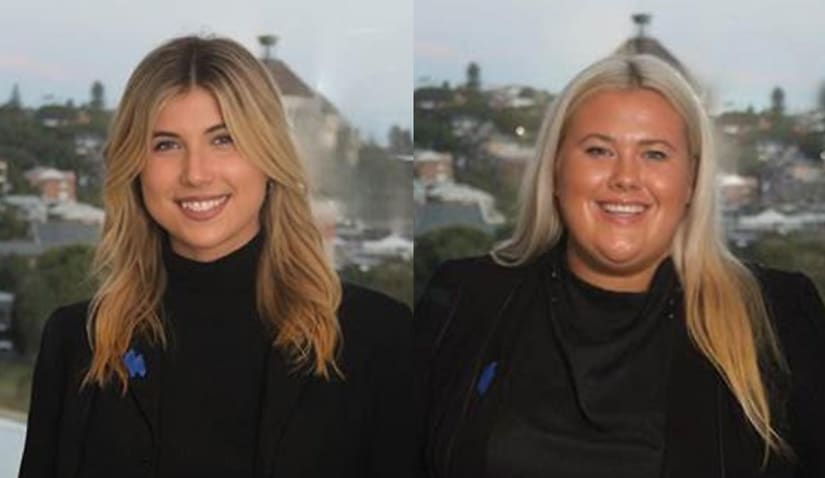Giorgia Wilson and Sarah Welfare, two of the founders of WGG Australia, are making remarkable strides in sparking crucial discussions about male violence. Here, they share the insights they have gained from their advocacy efforts as they raise further awareness of the pressing issue within their communities.

Giorgia Wilson and Sarah Welfare are currently students at the University of Newcastle, where they have both completing a bachelor of law degree. Welfare is also a paralegal at the BigLaw plaintiff firm Shine Lawyers, while Wilson works as a paralegal at the boutique family law firm Grace Family Law Solicitors.
Welfare expressed that they initiated this innovative organisation to confront the alarming issue of male violence within the community, recognising a lack of institutional and organisational responses to address this vital issue.
“We saw that it was so rife in our community, and a gap that we identified was our institutions were not adequately responding to how rife it was. There were no adequate policies or trauma-informed policies within our institutions, particularly our universities.
“So we developed this project to kind of break down those legislative barriers, amend policies and provide a platform for victims and the wider community to access education,” Welfare said.
Welfare explained how they initially began reaching communities and raising awareness about the prevalence of male violence in society by launching an Instagram page. Through this platform, they were able to engage with the community by providing “good quality, well-researched education in regards to gender-based and family-based violence”.
Since then, they have expanded their efforts over the last few years by collaborating and hosting community events with prominent organisations in their community, including the NRLW Knights team.
Welfare also highlighted the numerous community initiatives they are currently working on, each offering significant benefits for community members.
“We’re also working on a referral program to help women who have experienced domestic violence get into the workforce again and help try and reduce the barriers for them to get into the workforce.
“We’re also working on our other kind of campaign that’s running at the moment, which is our victim-survivor series called disclosed. And that’s where we’re giving people the opportunity to share their story anonymously or not anonymously,” Welfare said.
By actively participating in these community initiatives and witnessing more discussions around male violence, Wilson and Welfare expressed that they gained valuable insights from their involvement.
Wilson expressed her belief that everyone should take responsibility in addressing this issue, whether through having small yet crucial conversations at home or volunteering and helping a local community organisation like WGG Australia.
“I think that it’s everyone’s responsibility. While we are the ones who have affected action and taken action in this space, I think that every single person in our community has the responsibility to do what we are doing. And whether that’s on a small scale or a larger scale, every single person has a responsibility to respond to these issues,” Wilson said.
Welfare also underscored the significant learning experience gained from her involvement in advocacy efforts, highlighting that the most valuable takeaway has been the importance of “making the conversation just around consent and sex a wider talked about topic”.
She underscored how “we can’t kind of engage in these gender-based violence conversations and sexual violence conversations without those conversations about consent and about just talking about sexual health in general and, I think, from a professional standpoint”.
Welfare also highlighted how, through their efforts, they have “engaged with so many different stakeholders” and how heartwarming it has been for “these victims and the survivors being so open to working with us and sharing their stories”.